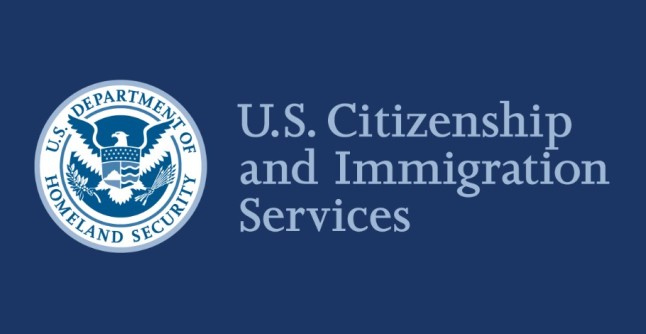US Immigration Services Proposal To Collect Social Media Handles Raises Privacy Concerns Experts Warn of Potential Misuse of Online Information The United States Citizenship and Immigration Services (USCIS) has proposed a new rule requiring green card and visa applicants to disclose their social media handles. The initiative, aimed at enhancing security screening, has sparked concerns
US Immigration Services
Proposal To Collect Social Media Handles Raises Privacy Concerns
Experts Warn of Potential Misuse of Online Information
The United States Citizenship and Immigration Services (USCIS) has proposed a new rule requiring green card and visa applicants to disclose their social media handles. The initiative, aimed at enhancing security screening, has sparked concerns among immigration experts regarding privacy and the potential misuse of online information.
The proposed rule applies to various immigration forms, including the N-400 for naturalization, I-131 for advance parole, I-485 for green card applications, and I-589 for asylum requests. This means that individuals seeking US citizenship, asylum, or adjustment of status from an H-1B visa to a green card may need to provide details of their social media presence.
PDP Accuses Akpabio Of Smear Campaign Against Former Akwa Ibom Governor
Uncertainty Surrounding Data Interpretation
Immigration experts have voiced concerns about how USCIS will interpret and utilize the social media information collected. Immigration attorney Jonathan Wasden highlighted the lack of clarity regarding how posts will be assessed, how long the data will be stored, and what guidelines will be used to flag concerns.
“It remains unclear how USCIS will interpret posts, how long they will store data, or what guidelines they will use to flag concerns,” Wasden stated. He also warned that applicants might face denials based on online activity that is taken out of context, raising fears that even innocuous posts could be misinterpreted as security threats.
Public Comment Period Opens for Feedback
In response to these concerns, USCIS has opened a 60-day public comment period, allowing individuals and organizations to provide feedback on the proposed rule. This period offers an opportunity for the public to express their views on the necessity, effectiveness, and potential impact of the measure before it is finalized.
The proposed rule aligns with the Department of Homeland Security’s (DHS) broader efforts to enhance security vetting by conducting more comprehensive background checks. Officials argue that monitoring social media activity can help detect security risks and ensure that applicants do not pose a threat to the United States.
Balancing Security and Privacy
While the government insists that this measure is necessary for national security, critics argue that it raises significant privacy issues and could lead to unfair denials based on misinterpretations of online activity. Experts also warn that the rule could discourage free expression, as applicants may censor their social media presence out of fear of jeopardizing their immigration applications.
As the public comment period continues, stakeholders will be watching closely to see how USCIS addresses these concerns and whether the proposed rule will be modified before implementation. The debate over security versus privacy in immigration policies is far from over, and the final decision on this rule will have long-lasting implications for visa and green card applicants worldwide.

















Leave a Comment
Your email address will not be published. Required fields are marked with *